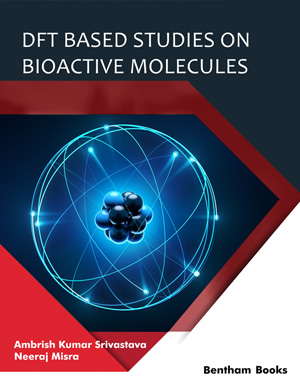Abstract
Introduction: Cycloxygenase I (COX I) plays an important role in the pathogenesis of atherothrombosis. Therefore, there is a need of anti-platelet aggregation drugs that decrease thrombus formation.
Methods: Molecular docking of the phytochemicals (flavonoids, alkaloids, terpenoids and lignans) was carried out. Binding energies and the ligand efficiencies of the phytochemicals were compared by standard statistical tool.
Results: Docking showed that their inhibitory activity towards COX I mainly depends on hydrogen bonds between the hydroxyl groups of the polyphenol ligands and the binding sites, π-cation/anion, π-sigma bond, π-alkyl, and π-π T shaped interactions that stabilize the ligand within the active site. Alkaloids are superior over the others to develop as optimal inhibitor compounds of human COX I in terms of ligand efficiency.
Conclusion: Ligand efficiencies fall within the criteria of orally efficacious drugs, and could pave a way for lead anti-platelet drug discovery and subsequent development.
Keywords: Anti-platelet activity, flavonoids, alkaloids, terpenoids, lignans, cycloxygenase I, molecular docking.
Graphical Abstract












